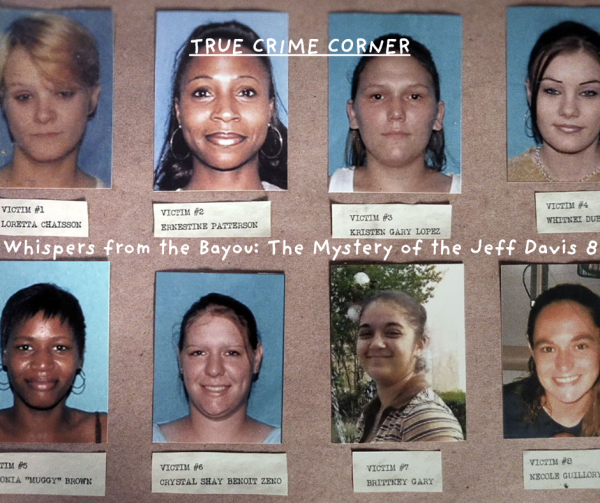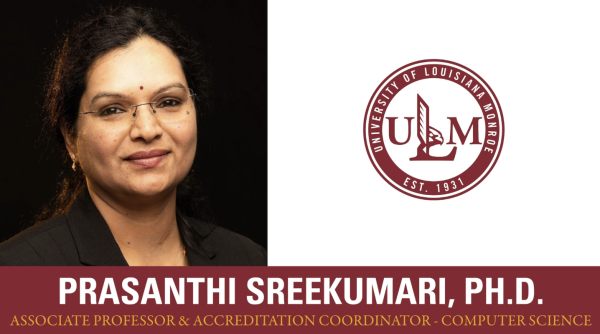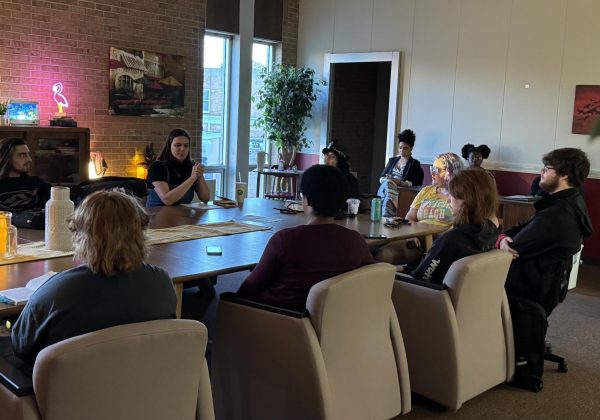History and Science Series: Professor presents research for novel
Terrance Armstard/ULM Photo Serv
photo courtesy: ULM Photo services
Monica Bontty, a humanities professor, is currently working on a history novel for middle school and high school aged kids. But her knowledge won’t be limited to this book.
Bontty presented some of her research in the Science to History presentation series that will be going on throughout the semester.
In last week’s presentation, Bontty challenged the belief that the Roman civilization was as clean as they are believed to be.
The Romans were very advanced in cleanliness compared to their neighbor civilizations.
While Rome was known for its great military, which enforced Pax Romana for nearly 200 years, it was also well known for bringing water from distant lands.
The Romans created aqueducts to help transfer water to secure their needs. They were one of the first civilizations to have a constant flow of clean water supplied through their empire’s towns.
Rome relied on a supply of clean water due to its advances in public bath houses and sewers.
The advanced technology of the Romans impressed Melissa Hernandez, a sophomore secondary education major.
“While they were advanced for their age in time, it was very unsanitary and way too public.
The Romans also created the earliest complex sewer systems. They created a channel in the main system that allowed waste to flow to the Tiber River.
Most houses built were connected to the sewers, but those that were not caused waste to be thrown into the street.
This attracted animals and insects to swarm the lower lands as well as stir up diseases.
Students were excited to learn about the usually mundane facts of history.
“It is very interesting to see just how early plumbing and showering actually began,” said Orlando Nelson, a sophomore English major.





